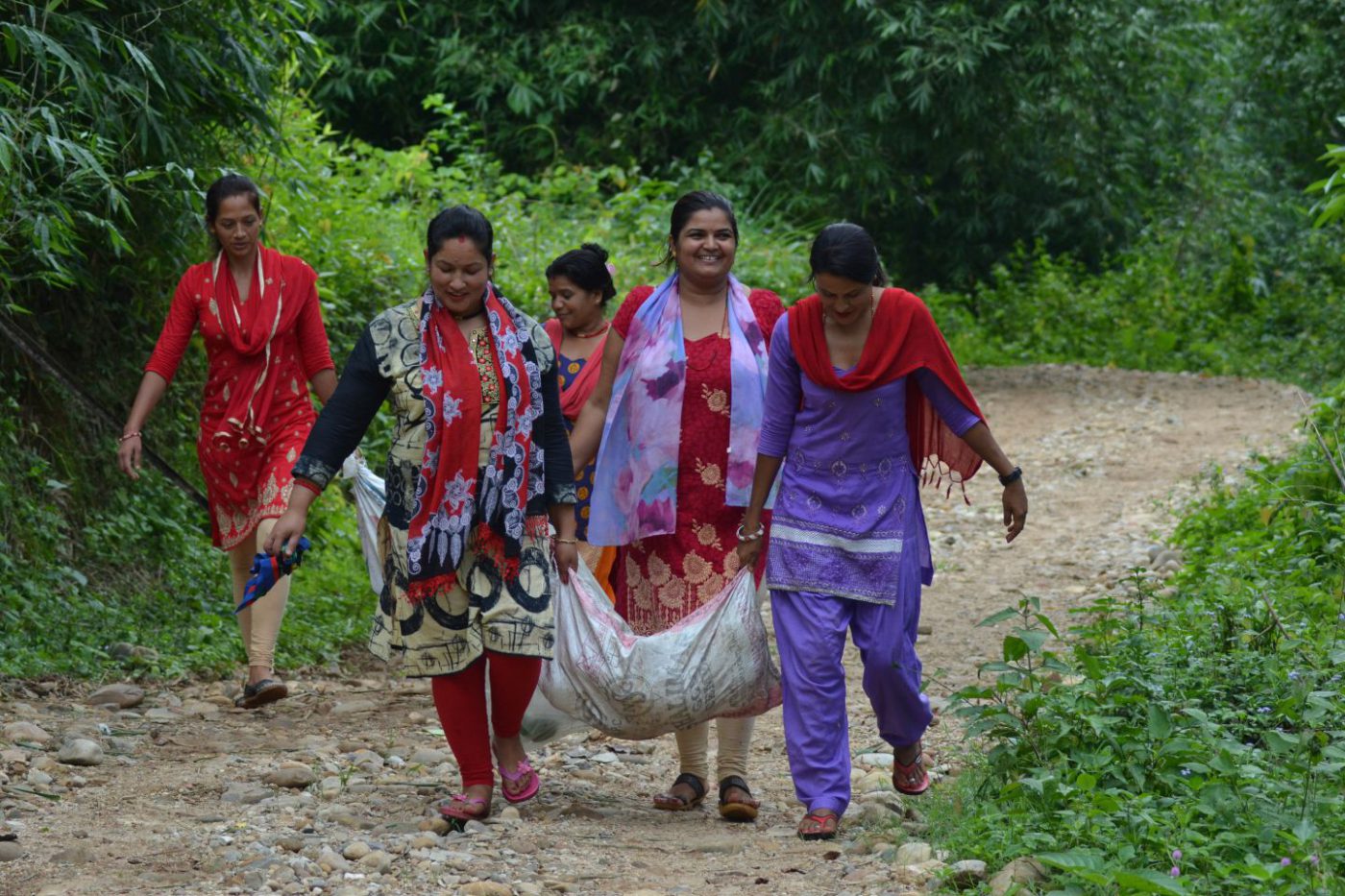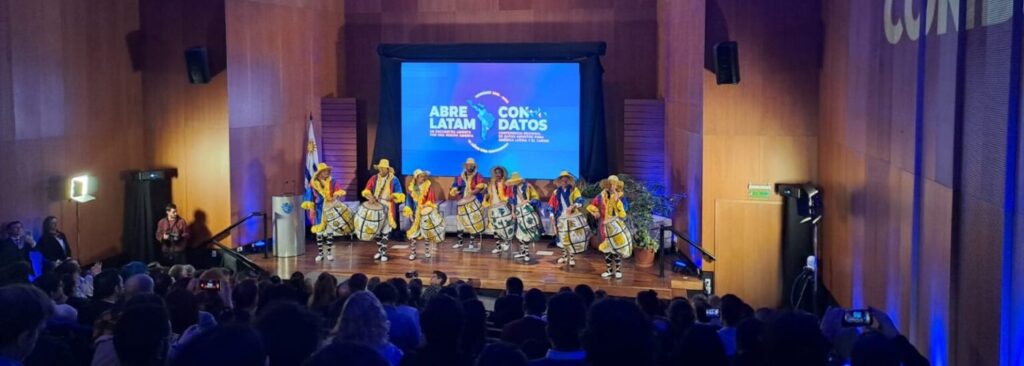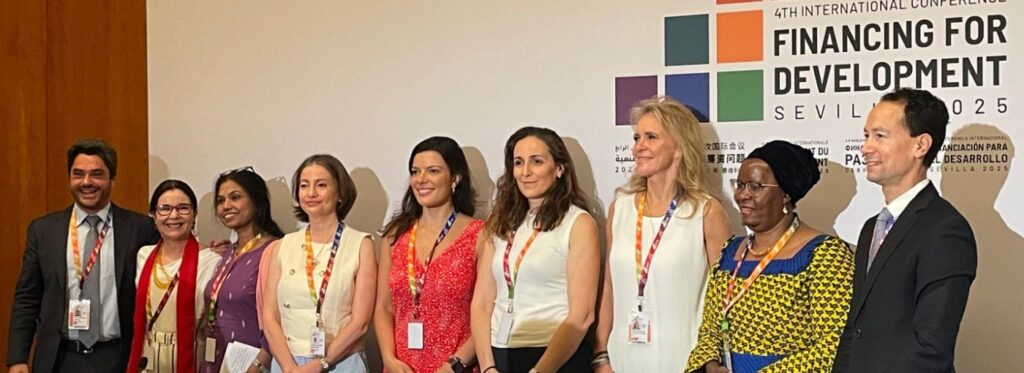The annual International Women’s Day calls for a PressforProgress on gender stereotypes, visibility of women, and celebration of women’s achievements. In the area of energy entrepreneurship, women often have to work twice as hard to show their worth and do not receive the credit they deserve for being innovative change makers.
Hivos’ partner ENERGIA supports thousands of women entrepreneurs globally, both in the energy field but also in many other sectors through their Women Economic Empowerment Programme. We believe that women are positive role models, whose individual and collective achievements deserves recognition and encouragement. On this day, we want to share the story of a strong woman and her success as an entrepreneur in Nepal.
Where it all began
Sushila Dhakel is 31 years old and both a housewife and an entrepreneur in a rural Nepalese village called Dhakl Gaun. She also leads a women’s group called Namo Shivaya. The women comprising the group range in age from the low 30’s to mid-40’s and have an average household size of 5 (including the women themselves).
About four years ago, Sushila and six other women friends who were also neighbours, gathered to start a pickle producing business. Pickles were a food that people produced only at home for personal use, until Sushila and the women of Namo Shivaya came along. Without any support from family, they persisted with developing their ideas and planning.
Women’s Economic Empowerment (WEE)
After the earthquake that rocked Nepal in 2015, the women participated in the Women’s Economic Empowerment (WEE) programme, which facilitates trainings for women entrepreneurs. This training module primarily covered marketing of products and after the training, they started with pickle production. Later, Sushila and the fellow women entrepreneurs participated in more WEE trainings which primarily covered technical skills.
In the five-day training, we learned how to protect the produce from fungus and how to properly clean the pots. We also learned accounting and how to run a business, says Sushila.
ENERGIA’s Women’s Economic Empowerment programme supports women-led micro and small businesses, to build their capacities through trainings, through hand-held support and technical assistance in the field of: finance and distribution, business development, partnerships (with private sector and/or government institutions), marketing, fostering women’s leadership and influencing the national environment.
Pickle popularity
Today, there are five women in the group, working hard to produce pickles and sell them within their community, often at local markets. Their popularity is spreading within their own district, as well as in nearby districts.
To keep up with the high demand for their pickles, they decided to purchase electrical appliances to boost their production. For that, they needed start-up capital. The ladies took out a loan as a group from the Chhimek Bikash Bank, a microfinance institution, of NPR 200,000 (approximately EUR 1,500). It was easy to get the loan and now Sushila and her fellow entrepreneurs are steadily repaying the loan. Sushila remembers,
“It was scary to take it, but we were also confident that we could do it. If we walk together, we can do it.”
Scaling up to meet demand
With the loan, they have bought seal packing machines, a digital scale, blenders and tanks to improve storage and production of the pickles. They also purchased a solar dryer which they use to dry the vegetables. Before the dryer, they used to dry the pickles in the sun for an entire day, and now it can be done in minutes—sustainably.
Not only have Sushila and the ladies of Namo Shivaya introduced a new product to the local market, but they now have more money to buy household necessities and money for the kids’ education, as well as some extra to save for family emergencies. During the high season (May-July), Sushila and the other four women entrepreneurs divide the profit of NPR 90-92,000 per month (approx. EUR 700). During low season, the monthly overall profits average NPR 25,000 (approx. EUR 193).
“Our lives have changed a lot. We used to be afraid to talk to people, but now we’re not. And we used to sit together in our homes and gossip, but now we talk business. We manage our household activities as well as a business. We also participate in programmes, such as governmental organisations who invite us to events to speak. This has built up our confidence! We have dreams of expanding our business to the national and international levels now.”
Photo: Sahaj Man Shrestha
See original blog post by Tjarda Muller and Melissa Ruggles, ENERGIA here.




